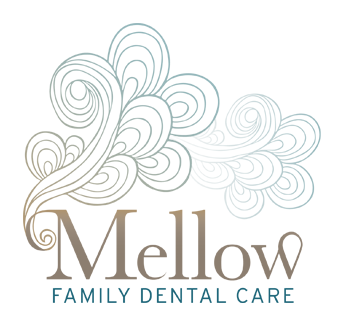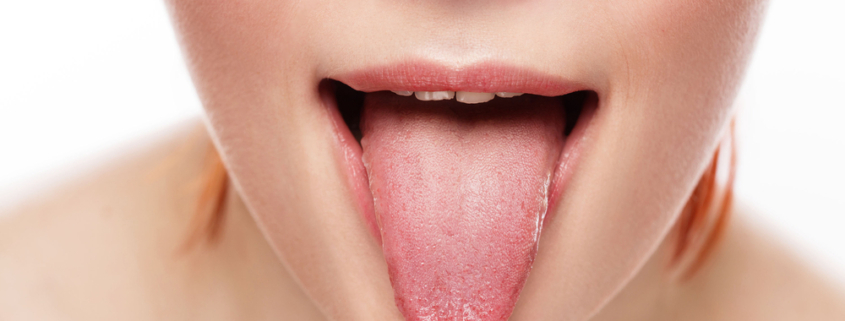What is Dry Mouth?
Dry mouth, also known as xerostomia is a condition which causes a parched or dry feeling in your mouth, which also can cause bad breath, a dry throat and cracked lips. This is when your mouth does not produce enough saliva to help moisten and clean your mouth from bacteria. Dry mouth often happens when you are dehydrated or feeling nervous. However, if you do not produce enough saliva and you find that your mouth is persistently dry, it may be a sign of an underlying problem.
Only a GP or a dentist can help properly diagnose this issue, but a dry mouth can sometimes be caused by:
- Medications including antidepressants, antihistamines, and diuretics
- Sinus Issues – breathing through your mouth while you sleep can cause it to dry out
- Diabetes
- Radiotherapy
- Sjogren’s syndrome.
- Nerve Damage
- Oral Thrush
- Cystic Fibrosis
There are simple measures you can try to help keep your mouth moist. For example, it may help to:
increase your fluid intake of cold water or an unsweetened drink
Eat soft cool and moistened foods with broths, soups, gravy, creams, and butter.
suck on sugar-free sweets or chew sugar-free gum – this can stimulate your salivary glands to produce more saliva
suck on ice cubes – the ice will melt slowly and moisten your mouth
avoid alcohol (including alcohol-based mouthwashes), caffeine and smoking – these can all make a dry mouth worse.
Avoid salty and dry foods
Dry mouth is not a serious medical condition, and you can first try using over the counter toothpastes, mouth washes and gels that are made specifically for dry mouth. But make sure you stay up to date with your routine dental cleanings, and check in with your doctor or dentist if dry mouth symptoms persist.



